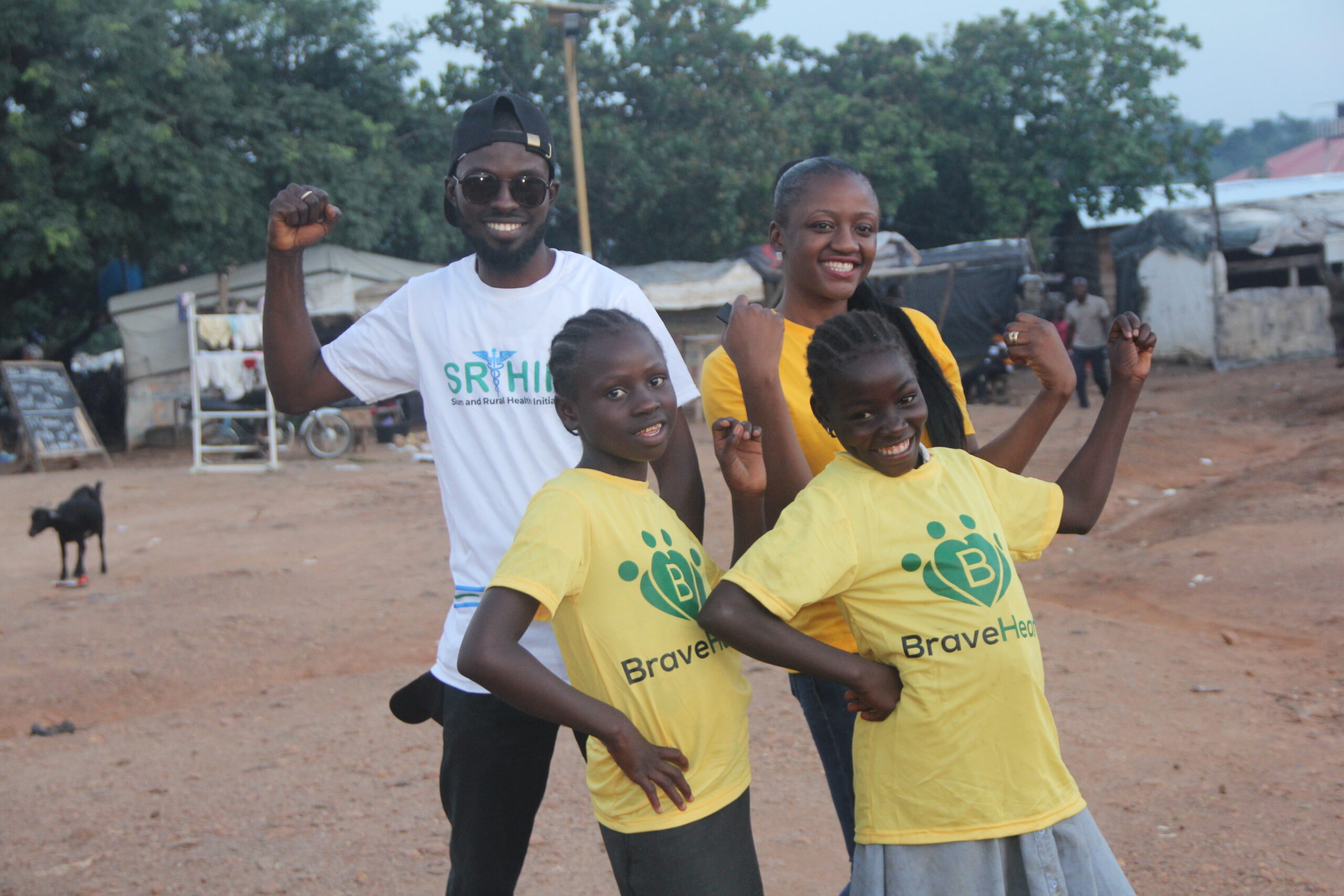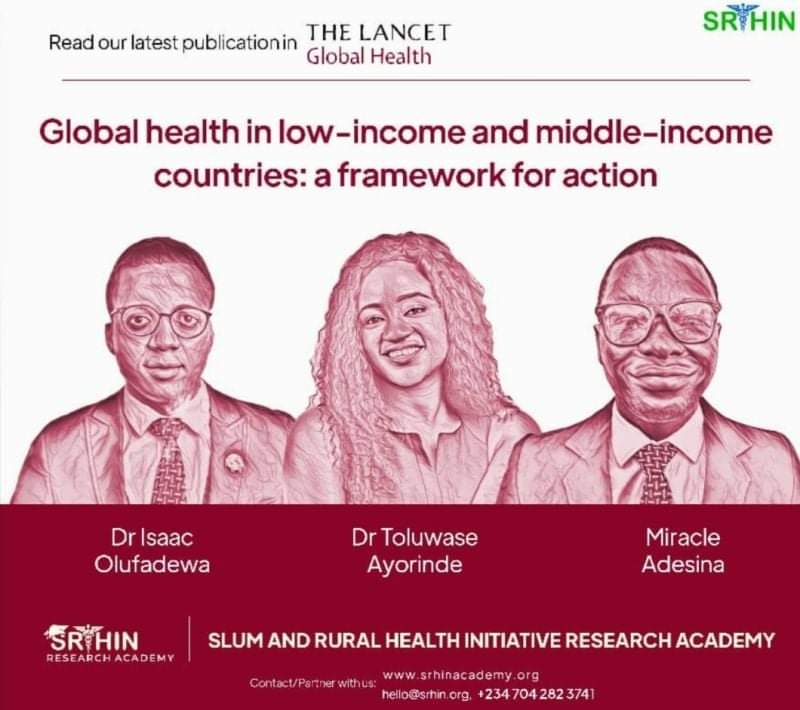Teenage pregnancy has been seen in recent times to have negative occurrences and these negative occurrences play a major role in the overall well-being of the teenage mother and her child, the whole family system and the community at large. According to Onwubuariri and Kasso, yearly about two million girls less than 15 years and 21 million girls of ages 15 to 19 get pregnant in developing areas.
This article is set to provide insight into teenage pregnancy with a Sexual Health Educator and a Teenage mother while exploring the effects and also preventive measures for teenage pregnancy.
This is an interview with Mrs. Christy, a sexual health educator. Our focus will be on educating us on teenage pregnancy.
Team Alpha: Good Morning Mrs. Christy. It’s good to have you here with us.
Mrs. Christy: Good morning team.
Team Alpha: Let’s begin with first understanding what teenage pregnancy is?
Mrs. Christy: Well, teenage pregnancy which is also known as adolescent pregnancy to simply put is when a girl under the age of 20 becomes pregnant.
Team Alpha: Ma, what would you say are the signs and symptoms related to teenage pregnancy?
Mrs. Christy: Missed menstrual period, nausea and vomiting, frequency in urination, unusual mood swings, sore nipples and breasts, feeling light-headed, weight gain and swelling belly. Also, a positive pregnancy test is a sign of pregnancy. These may not occur in every pregnant girl child but they are the signs to look out for.
Team Alpha: What are the effects of teenage pregnancy?
Mrs. Christy: The effects of teenage pregnancy are numerous. According to the United Nations Population Fund, “pregnancies among girls less than 18years of age have irreparable consequences. It does not only violate the rights of these girls, it also poses life-threatening consequences in terms of sexual and reproductive health. Teen mothers drop out of school; the children of teenage mothers are more likely to be born prematurely with low birth weight.
Team Alpha: Are there risk factors involved with teenage pregnancy?
Mrs. Christy: Yes! Some of them are; single-parent household, sexual pressure from peers, having sexually active friends, lack of sexual and reproductive health information, high rate of divorce, violent crime, teen suicide and high school dropouts, low self-esteem, limited education, lack of future-oriented goals etc. They are all risk factors and they can’t be overemphasized.
Team Alpha: Ma, how can we prevent teenage pregnancy?
Mrs. Christy: I would first like to point out that it is not certain which type of intervention would be most effective, but giving access to birth control, comprehensive sexual education from both parents and teachers, and the government can establish public policies that can help curtail teenage pregnancy.
Team Alpha: What is the prevalence of teenage pregnancy in Nigeria?
Mrs. Christy: It is recorded that Sub-Saharan Africa has the highest rate of teenage pregnancy in the world. In Nigeria, the prevalence rate ranges from 1.62 to 51%.
Team Alpha: Is there any advice you would like to give any teenager reading this?
Mrs. Christy: I will advise abstinence as a teenager. Refrain from things that will cause pregnancy. Get educated on contraceptive methods. And to everyone, it’s about time we make the well-being of our young people more important than ideology and politics. As a country, we benefit from investing in the future by investing in teen pregnancy prevention.
Team Alpha: Thank you Ma for enlightening us on this topic.
Mrs. Christy: Thank you team Alpha of SIMBIHealth for the opportunity.
Written by Team ALPHA of the SIMBIHealth Advocacy Project.



